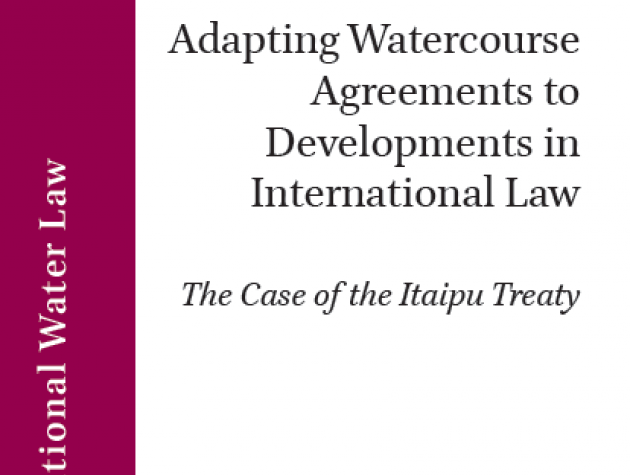Rape reporting in post-conflict Côte d'Ivoire: Accessing justice and ending impunity
International organizations are increasingly paying attention to the problem of sexual violence. One outcome of this attention has been the adoption of instruments that call on states to punish perpetrators of rape and end impunity for this crime. The reporting of rape to law enforcement agencies is key to formally holding perpetrators accountable. This article examines the influence of police officers and gendarmes and of social forces on survivors’ decision to report rape in post-conflict Côte d'Ivoire. It also investigates the challenges that confront those who choose to seek redress from the state. It argues that the Ivorian conflict contributed to fostering a preference for redress from the state over informal justice mechanisms. On the other hand, the blaming and shaming of rape survivors was pervasive and discouraged them from reporting. Support from friends and relatives increased the likelihood that survivors would report rape but negative social reactions had adverse psychosocial effects on them. The article explores the implications of these findings for ending impunity and for post-conflict gender relations.
Download the paper from African Affairs here.







